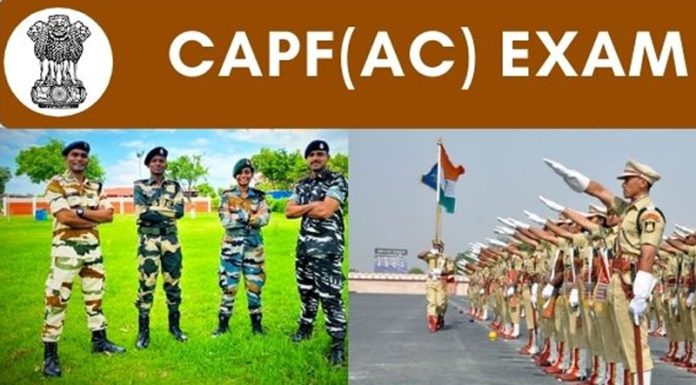In a landmark move, the Constable (GD) examination for recruitment in the Central Armed Police Forces (CAPFs) will now be conducted in 13 regional languages in addition to Hindi and English. This historic decision, as termed by the Ministry of Home Affairs, carries significant implications for both the forces and the aspiring youth across the country. For far too long, language has been an invisible barrier for many seeking opportunities in the CAPFs. This often meant talented individuals, particularly from non-Hindi-speaking regions, faced a disadvantage in the recruitment process. By making the examination accessible in diverse languages, the Government has taken a crucial step towards ensuring inclusivity and equality in recruitment. This move holds several important benefits. Firstly, it widens the talent pool by enabling individuals who are more comfortable expressing themselves in their native language to participate. This can potentially lead to the selection of more diverse and competent candidates, enriching the CAPFs with a broader range of perspectives and experiences. Secondly, it empowers individuals from marginalised communities and regions, fostering a sense of belonging and national integration.
Conducting the exam in regional languages improves transparency and fairness. Candidates can now better understand the questions and express their knowledge accurately, reducing any disadvantage arising from language limitations. This ensures a more level playing field and fosters trust in the recruitment process. However, it is important to acknowledge that this is just the first step in a long journey towards truly inclusive recruitment. Effective implementation requires meticulous planning and execution. Ensuring the quality and accuracy of translated question papers, providing adequate training for examiners, and addressing logistical challenges related to conducting exams in multiple languages are crucial aspects to consider. Breaking down language barriers is not just about words on a page; it’s about opening doors to opportunity and building a more inclusive and equitable society. This decision marks a significant step in that direction, and its success will be measured not just by numbers but by the voices and aspirations it empowers.


